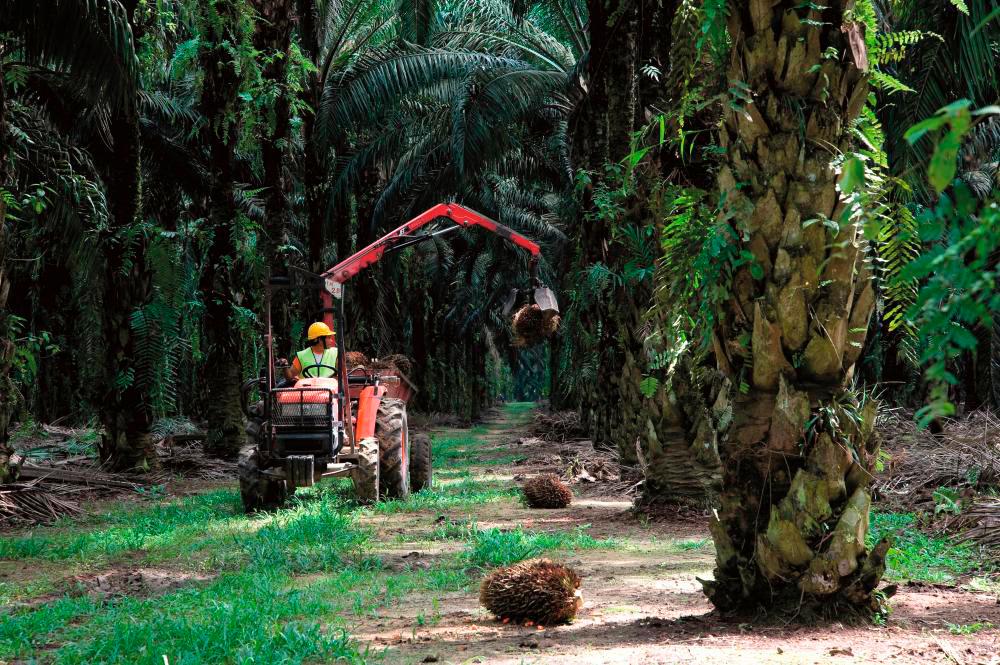KUALA LUMPUR: Sime Darby Plantation Bhd’s (SDP) net profit eased almost 35% to RM396 million in the third quarter that ended Sept 30, 2022 (Q3FY22) from RM609 million for the same quarter last year, impacted by lower recurring profit before interest and tax (PBIT) from the upstream segment.
Nevertheless, revenue rose by 7% to RM5.39 billion from RM5.06 billion, it said in a filing with Bursa Malaysia.
It said despite a higher realised average crude palm oil (CPO) price of 13%, recurring PBIT for the upstream business declined to RM249 million, or 73% lower than the Q3FY21’s PBIT of RM912 million.
This was primarily due to the 8% decline in fresh fruit bunches (FFB) production and lower oil extraction rate (OER), which fell from 21.59% to 20.88%.
“Furthermore, the sharp decline in market prices during the current quarter led to valuation losses on its oil inventory and biological assets.
“The loss incurred by the operation in Malaysia was largely driven by the acute labour shortage, which adversely impacted harvesting activities, resulting in a significant decline in FFB production and OER,” it said.
SDP said PBIT from the downstream sector increased to RM337 million in the current quarter, mainly due to higher margins generated by the Asia-Pacific bulk and differentiated operations, mitigating lower margins recorded by the European refineries and a decline in sales volumes in all territories.
Other operations reported higher profits mainly due to higher contributions from the group’s agribio and research units.
Meanwhile, profits from non-recurring transactions in the current quarter mainly comprised gains from earned-out settlement subsequent to the disposal of a former Liberian subsidiary in the prior year.
“The group expects its overall FFB production to be lower than the previous year due to the slow inflow of foreign workers into Malaysia.
“Nevertheless, SDP is optimistic for 2023 production as more foreign workers are expected to arrive, and ongoing efforts to digitalise, mechanise and automate operations are expected to increase productivity, particularly in Malaysia,” said the plantation company.
Group managing director Mohamad Helmy Othman Basha said in a statement the entry of more migrant workers into Malaysia is now gathering speed.
“As we progressively reduce the need for manual workers in all our non-harvesting activities, we aim to achieve a land-to-man ratio of 17.5 hectares for every worker by the end of 2024, which will be a major improvement compared to the current industry average of 8ha for every worker.
“With further automation and digitalisation, we are determined to make work in plantations less laborious and more sophisticated to attract a new generation of the skilled local workforce,” he said.
The CPO price has now stabilised as increased supply in producing countries fulfills pent-up global demand after it peaked in the first half of 2022.
The CPO price is anticipated to remain attractive in comparison with alternative vegetable oils, which would continue to support demand. - Bernama









